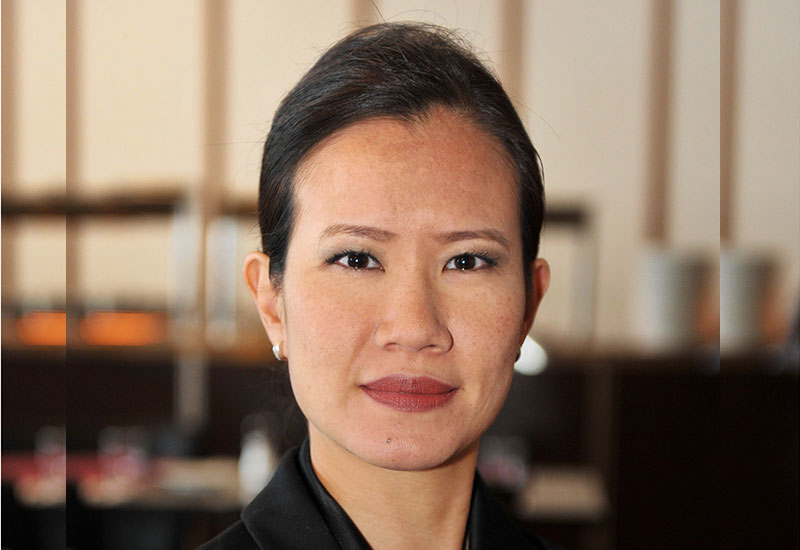While online students don’t have to write exams, each eight-week course, or module, requires students to complete assessments every week. Students participate in a virtual classroom setting with online discussions taking place via Blackboard. In addition to weekly assessments and discussions, students also complete a dissertation on a topic of their choice, with guidance from members of the faculty.
Hou says: “For the online programme, the admissions process is a little bit more rigorous because we do assess their previous degree and work experience. In an online setting you have to be self-motivated and disciplined in order to carry out the assessments. “We have a very supportive approach because we understand that life happens and work happens.
“Many of these students work at a very high level — we have general managers of hotels; sometimes they manage multiple properties. We have corporate directors doing these programmes, so the calibre of the online students is very high.”

| Advertisement |
Today, there are more than 450 professionals enrolled in the online programme, and to assist students in completing their courses quickly, Glion recently launched residency programmes, which offer four days of intense study to fast-track through a module that would typically take eight weeks to complete.
“With the residency, it’s delivered throughout four days, and you can complete three to four courses at the same time. So we are trying to reduce the graduation time to a year, or a year-and-a-half. There is also some interaction because the faculty is there, and we also combine these residencies with alumni events, which provide networking opportunities,” Hou says.
And while the online MBA offering has been successful for the school until now, Glion does not have plans to offer online undergraduate degree programmes.
“The online learning environment is quite lonely. That’s why we don’t propose this learning method to our undergrad students, because they may not be mature enough. Some students prefer to do a couple of online courses, and we have that option for them, but we don’t propose the full programme online. For working adults, it works because it offers them the work/life balance and they can study at their convenience,” Hou explains.
She also reveals that upon graduation, 98% of the MBA students (both online and campus-based) have jobs — some of which they retain from when they joined the programme.
“At the masters level, most of the students will go into a higher position. They are being groomed to become F&B directors or directors of a department. Most of the masters students already come with work experience in other sectors. They just want to sharpen their skills before going into a bigger role, or they want to go into another industry,” Hou concludes.
Article continues on next page ...









 Search our database of more than 2,700 industry companies
Search our database of more than 2,700 industry companies









